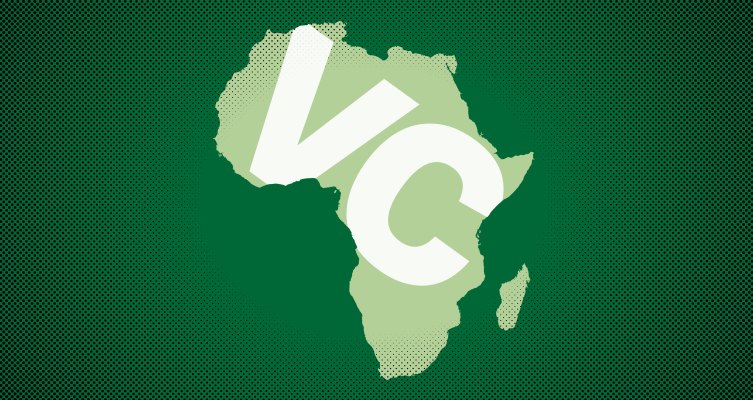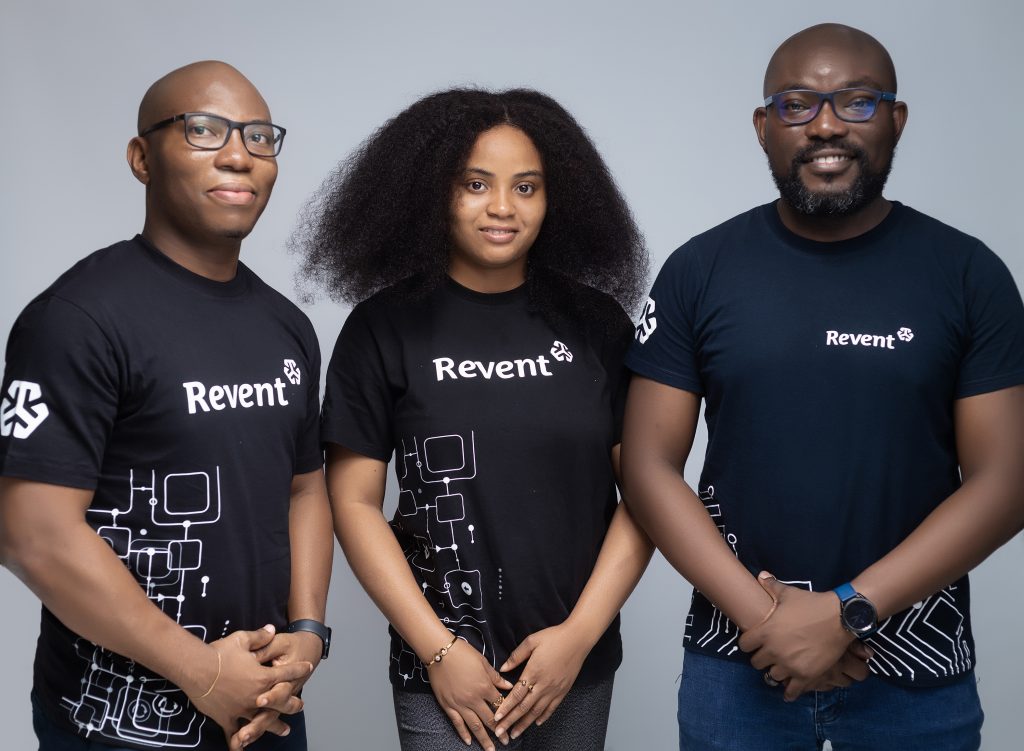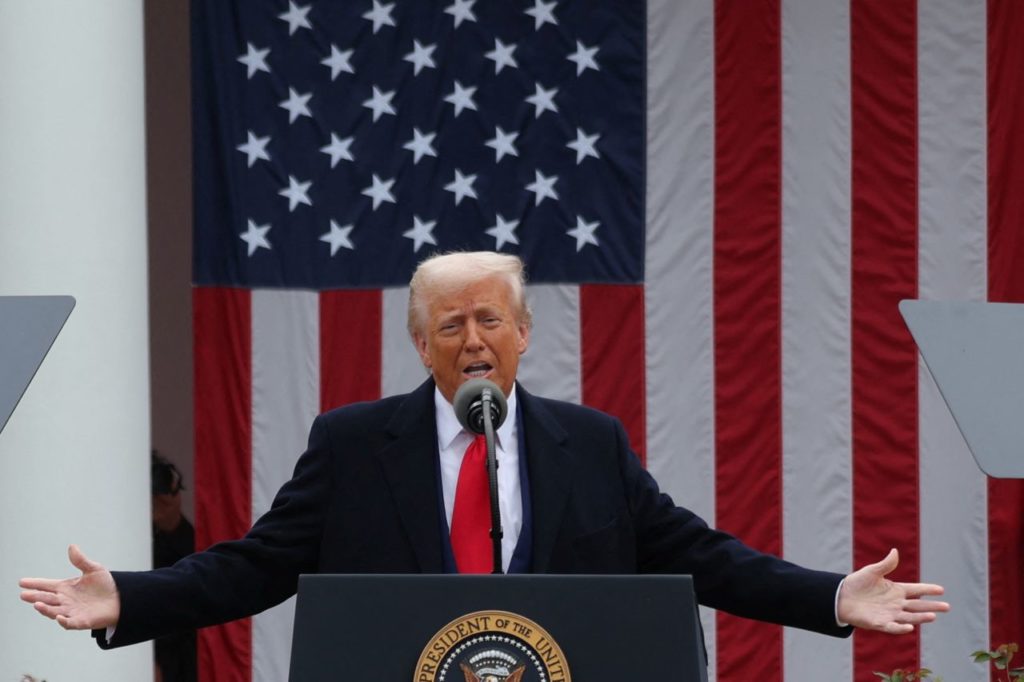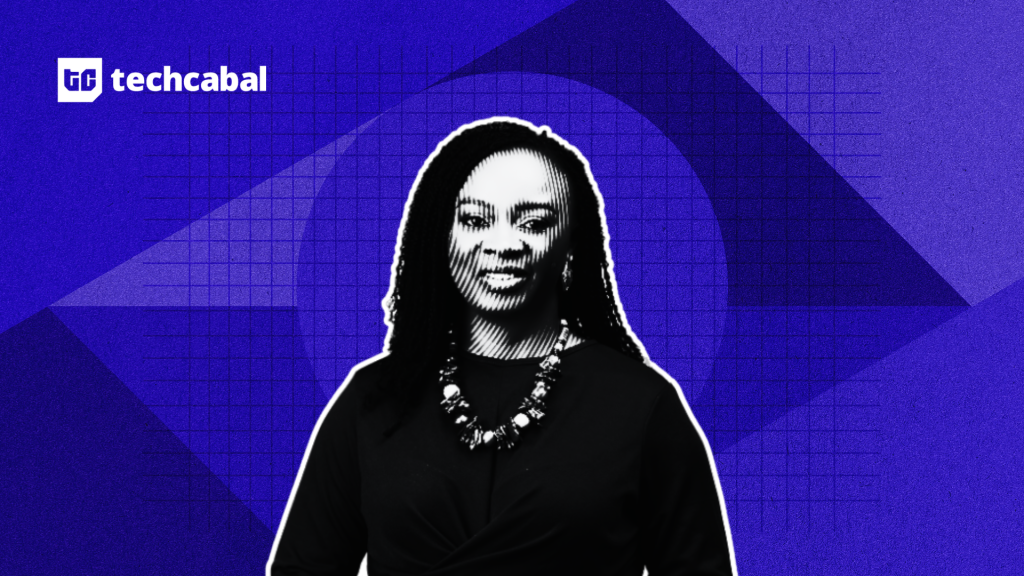The global economy is undergoing a ‘Great Reset’, with the interwoven nature of global markets seeping into the venture capital (VC) space. Between 2020 and 2022, over $15 billion flowed into the African start-up ecosystem at large. The continent’s performance in 2022 was especially impressive, with a recorded increase in capital investment year-on-year compared to a net loss in all other major VC markets worldwide.
Yet, the ructions that darkened the economic landscape in the developed world in the second half of 2022 have now penetrated Africa’s key VC markets, such as Nigeria, Kenya, and Egypt. The job cuts that began as a trickle towards the end of last year have become a steady stream, with tech layoffs by February 2023 already equalling 50% of the total job cuts experienced across the African ecosystem in 2022.
The easy money flowed into the ecosystem in the decade before the COVID-19 pandemic and immediately after, this era of easy money can be said to have contributed to inflation that has taken root worldwide. All we hear now is the sound of the United States Federal Reserve vacuuming up the excess money supply that it played a central role in creating and has defined the global economy since 2009. Capital in the US is being moved into more defensive assets, with growth and venture capital among the classes missing out.
This is important because most of the capital injected into the African tech ecosystem is foreign. In 2021, 75% of the continent’s VC investors lived outside the continent, with a large proportion of these international investors residing in the US. So, even though the US is on the other side of the world, when its capital markets sneeze, Africa’s tech ecosystem gets a cold.
African ecosystem is going back to the fundamentals.
As the global economy tightens its belt with the ‘Great Reset’ underway, businesses and investors return to what they know best: the fundamentals. Going by the conversations I’ve had with stakeholders in the ecosystem—from investors to founders — show that their focus has snapped back to metrics defined by liquidity, such as cash flow, runway, burn rate, and even fund valuations. The demise of FTX was also a stark reminder to the ecosystem that no company, no matter how good or large it looks from afar, is too big to fail.
For founders, the Great Reset is making it more challenging to raise capital, with startups entering their Series A and B rounds feeling the brunt. This is because startups at this stage had benefited from higher valuations in a market with rampant liquidity. Now, you are seeing Series A and B founders lowering their valuations. Jobs are being cut, and ventures are scaling back their operations to squeeze every cent out of their current funding because their business models were premised on an environment where capital was cheap.
Ironically, while pre-seed and seed founders are finding it harder to raise, they are being shaped by an economy emphasising the fundamentals — product-market fit, product development, and stickiness. As a result, the founders and startups that survive this period will likely be battled hardened because they had to mature in a complex economic environment. Pressure makes diamonds, and the pre-seed and seed founder class of 2023 will be stronger for the experiences they are going through, though many won’t make it to the end of this interest rate cycle.
Investors taking a step back, focusing more on due diligence
For investors, the ‘Great Reset’ is about absorbing the lessons learned and taking a step back. Over the last decade, African founders have been able to raise from US-based investors, for example, through the power of their deck alone, with US investors ready to throw money at the problem with the hope that some of it sticks.
Some of these bets worked, while others didn’t. Yet, because money was accessible, VCs in the US and elsewhere could afford to keep trying. Now, they no longer have that luxury. Investors are now more cautious about where they invest their money and are paying greater attention to the details. They want to know more about the businesses they are interested in investing in beyond a deck.
Analysts are being hired in key markets such as Nigeria and Kenya because they can provide US-based investors insight into what’s happening on the ground. Furthermore, international investors are increasingly interested in partnering with African investors and ecosystem players because these players are highly connected to the ecosystem. They can de-risk investment opportunities scouted by foreign players. Founders Factory Africa is an example of an early-stage investor that does this through its presence and expertise in the ecosystem’s key markets.
Opportunities still exist, but insight pays
The ‘Great Reset’ I’ve described is laden with doom and gloom, yet it can also be a time of opportunity for founders. Hard conversations are being had in the ecosystem between founders and investors, and the next two years could be defined by knowing what not to do as much as making the right decisions.
Ayobamigbe Teriba is a Venture Sourcing Lead at Founders Factory Africa, an early-stage investor.











